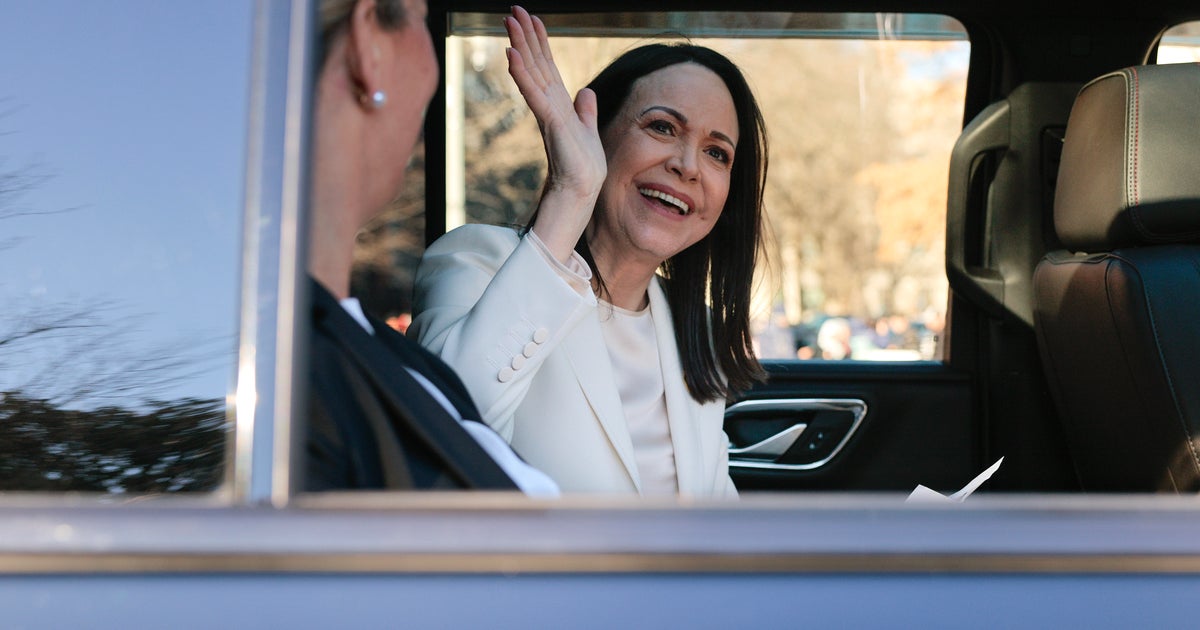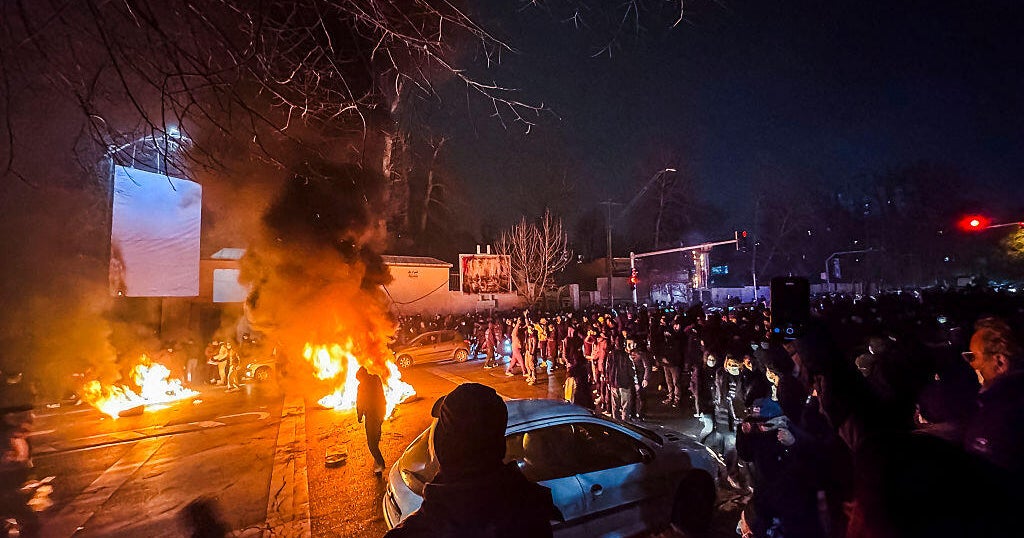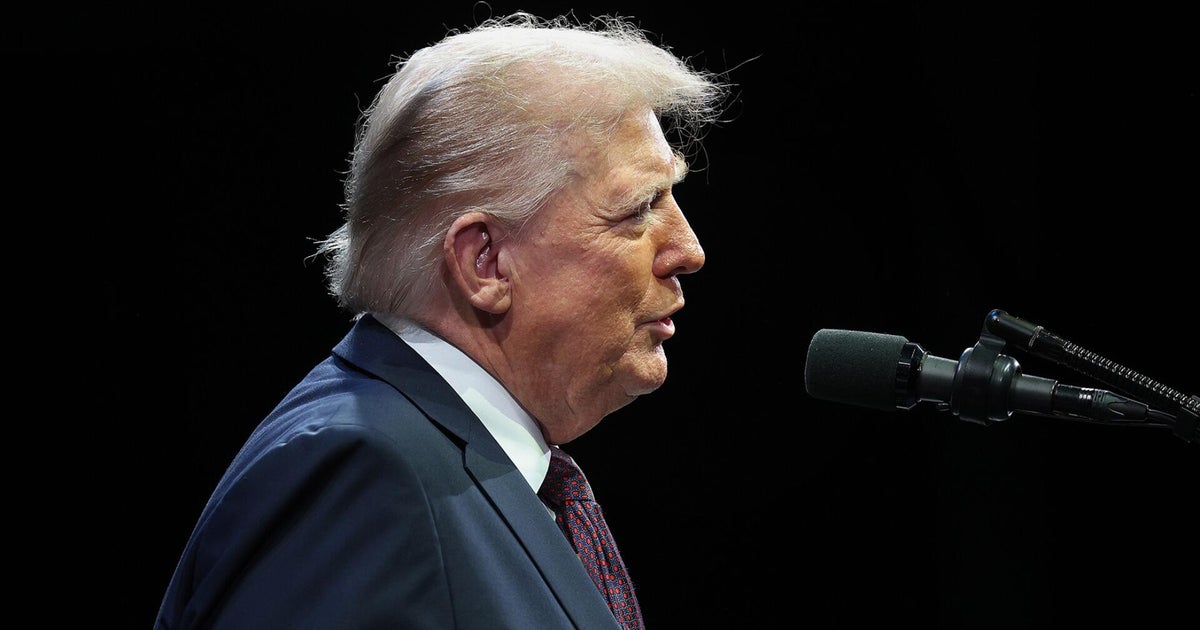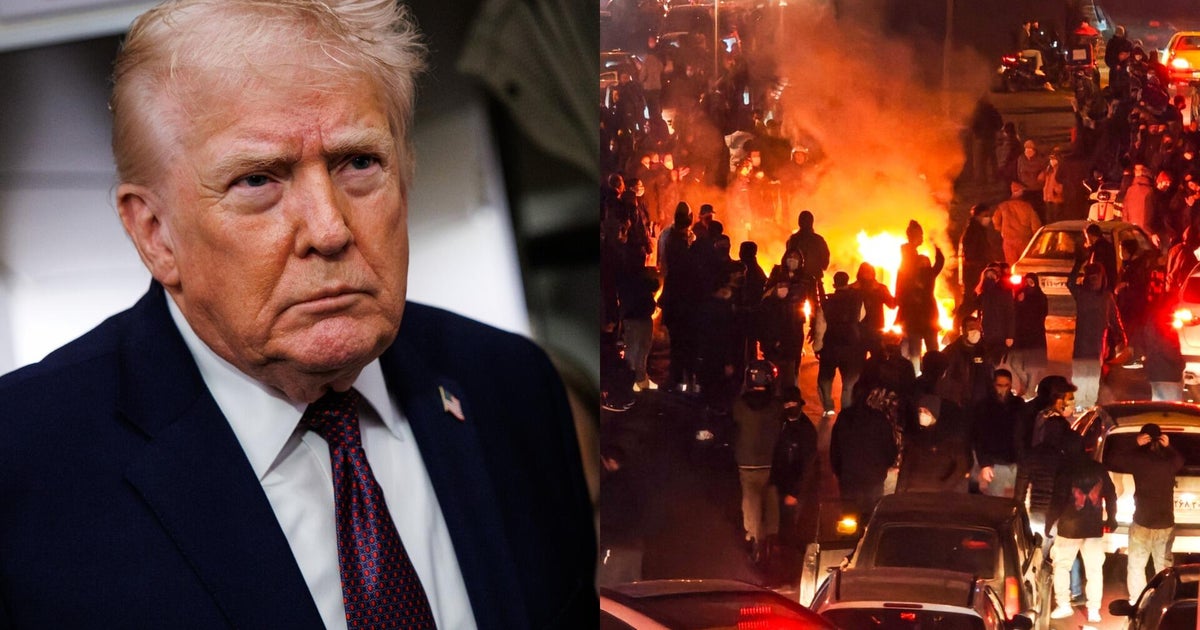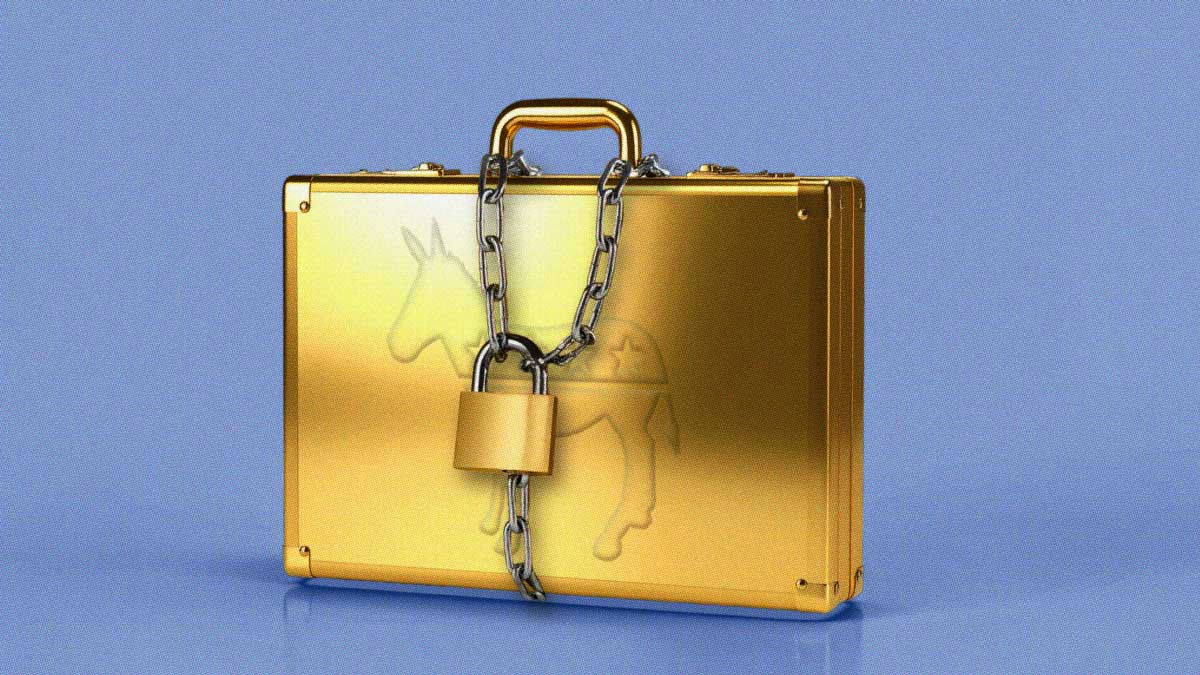Merck CEO quits Trump's industry council
NEW YORK — The CEO of the nation's third-largest pharmaceutical company is resigning from the President's American Manufacturing Council, citing "a responsibility to take a stand against intolerance and extremism."
Merck CEO Kenneth Frazier's resignation comes shortly after a violent confrontation between white supremacists and protesters in Charlottesville, Virginia, that left one person dead and 19 injured.
The CEO said in a tweet on Monday that the country's leaders must "honor our fundamental values by clearly rejecting expressions of hatred, bigotry and group supremacy."
Frazier is one of the few African Americans to head a Fortune 500 company. Last month, Merck, Pfizer and Corning gathered at the White House to announce a $4 billion collaboration that would create glass packaging for drugs in the U.S. The initiative promised to create 4,000 jobs.
Merck (MRK) shares rose 37 cents, or 0.61 percent, trading at $62.75 a share Monday afternoon.
President Donald Trump is being criticized for not explicitly condemning the white nationalists who marched in Charlottesville. (He finally did so on Monday afternoon.) However, Mr. Trump lashed out almost immediately after Frazier's resignation, taking to Twitter to blame him for "RIPOFF DRUG PRICES."
Drugmakers have come under withering criticism for soaring prices in the U.S., including by Mr. Trump, though he has yet to act on a promise to contain them. With the barb, the president appeared to attack an industry executive who has maneuvered to push prices lower, at least on some drugs.
Last year, the company launched a new hepatitis C medicine at a big discount to the drugs already on the market. In January, Merck reported that since 2010 its annual average net price increase has ranged from 3.4 percent to 6.2 percent, roughly half its list price increases. Other drugmakers have hiked list prices 20 percent or more every year and launched new drugs with eye-popping price tags.
Merck also is developing cheaper versions of complex injected medicines called biologics that can cost hundreds of thousands of dollars a year.
The exchange lit up social media early on Monday, with many people lauding Frazier and blasting the president. Some pointed out that Frazier's resignation would put pressure on executives who remained on the council to speak out.
There was also support from other executives.
Unilever CEO Paul Polman on Twitter wrote, "Thanks @Merck Ken Frazier for strong leadership to stand up for the moral values that made this country what it is."
Frazier, who grew up in a poor neighborhood in Philadelphia, resigned days after one person was killed and others wounded in violent clashes between white supremacists and protesters.
Frazier and his siblings were raised by their janitor father after their mother died when he was very young. He has earned a reputation as a risk taker in the drug industry, pouring money into daunting research areas, particularly trying to develop a treatment for Alzheimer's disease.
Frazier is not the first executive to resign from advisory councils serving Trump. Tesla CEO Elon Musk resigned from the manufacturing council, and from two other advisory groups to the president, after the U.S. withdrawal from the Paris climate agreement in June. Walt Disney Co. Chairman and CEO Bob Iger resigned from a White House advisory council for the same reason.
The manufacturing jobs council had 28 members initially, but it has shrunk since it was formed earlier this year as executives retire, are replaced or resign.
